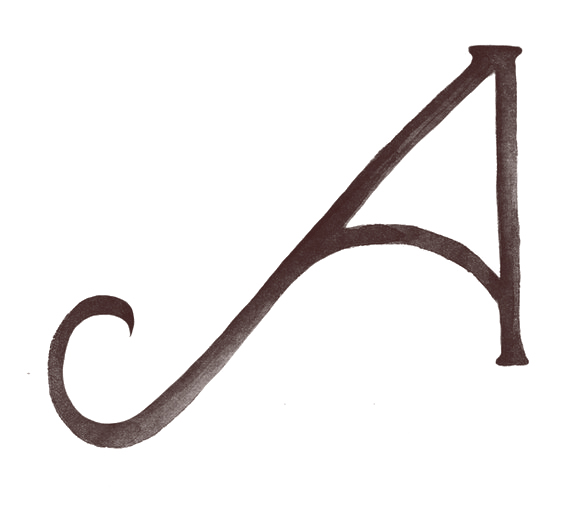The stories that hide beneath the everyday: collecting family memoir
Interviewing Dad about his life was intense, focused work.
It may have started off with ‘I was born in… ’ but we soon wandered streets I hadn’t thought of. This was a time to reflect and listen.
To prepare I wrote down some potential questions from a list of prompts, as well as checking in with him about what would help him feel comfortable and how he’d like to go about it.
He suggested, ‘How about I prattle on about my life and we see how it goes?’
Sounded good. I didn’t want it to feel confronting. There was already enough hoo-ha packed into one visit. I had a device set up with a microphone for a good recording of his voice and music.
On top of that I created a photo project, echoing a painting of his great grandfather from 1903. But instead of the suit, proud chair and steepled hands of his ancestor, he was playing a tenor guitar he’d built and sat in a wicker chair wearing his standard-issue Phillip Adams™ black t-shirt.
So, with all of these moving parts I wanted to keep a sense of calm, because talking about lives is confronting.
Underneath my gentle guidance, however, were considerations I’d gathered from years as a research interviewer and journalist to keep things smooth yet somewhat controlled.
Here’s what I kept mind:
STFU about your own life
You know how sometimes in conversations you’re lining up your next story for when the other person finishes theirs? This isn’t one of those times. This is the moment to really hear your person. It’s the greatest honour you do for them. And, actually, this is a good thing to do in conversations as well.
I learnt this as a research interviewer. In the transcripts and recordings, when we offered anything of ourselves to ‘connect’, instead it quietened the interviewee and they didn’t offer as much of themselves.
Have some questions but don’t follow them too closely
You want to know them in your head, but you really want to follow the conversation. Listen to Richard Fidler’s ‘Conversations’ and you’ll hear how often he asks the perfect follow-up question. This takes listening to their response with genuine curiosity.
So, rather than thinking of your own story, consider what else you can ask them about theirs.
I like to have questions to refer to if I get stuck and to remind me of the topics I definitely want covered. But the magic is in following the rabbit warrens of conversation.
Stories hide under the everyday
One time I asked my grandfather about his life. I realised that in everyday conversation we often sat in silence or talked about a slim number of subjects, awkwardly.
But here’s the thing. He had snuck his family through the building of the Berlin Wall and brought them to Australia, surviving WW2 by, in Mum’s words, being ‘kissed on the arse by an angel’.
In our interview I heard the one about a building being bombed across the street and his father’s body going missing. He walked all over Berlin swigging from a hip flask of whiskey, looking for his Dad, and didn’t find him. How did we not know this story before now?
Because we’d never asked.
Listen out for vague terms
‘When you say “it was really good”, what does that mean for you?’
Ferreting out detail from a vague term is one of my favourite party tricks, prompting to get to specifics. The real juice is in the detail. You may send them into a not usually visited part of their memory attic to find something they’d forgotten all about.
‘Oh. Well, erm… it was good because I’d always liked the smell of jasmine which reminds me of every start of Spring, ever.’ Woah, much better.
The stories may be tamped down by years of telling. I remember an old friend asking me at the pub once, ‘So, when you moved to Sydney at 19, what was in your suitcase?’ What a great question. More beers please, we’re gonna be here for a while!
Don’t cover too much at once
Think of it as a series of conversations where you can build up a picture over time. Start with prattling on about their life for a while and make some notes on what to follow up on in another interview.
Give it time and space to come out, because this process is worth honouring. It is also emotionally and physically tiring. Dad and I had only been talking for a bit over half an hour, but we were exhausted.
And, anyway, it was beer o’clock.
May your words pour onto the page,


